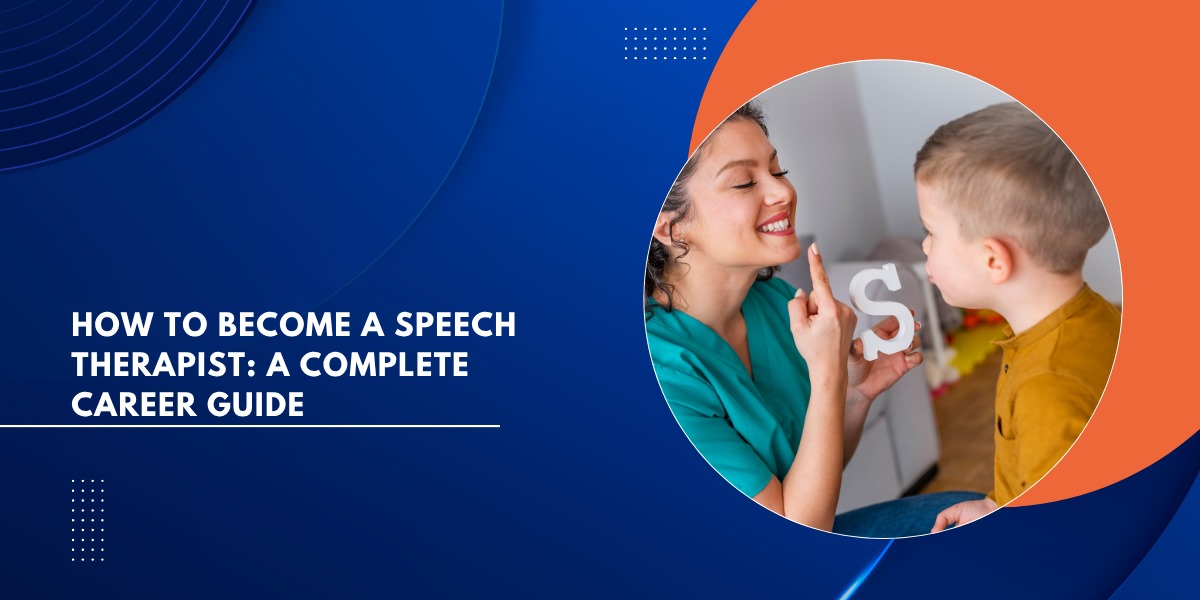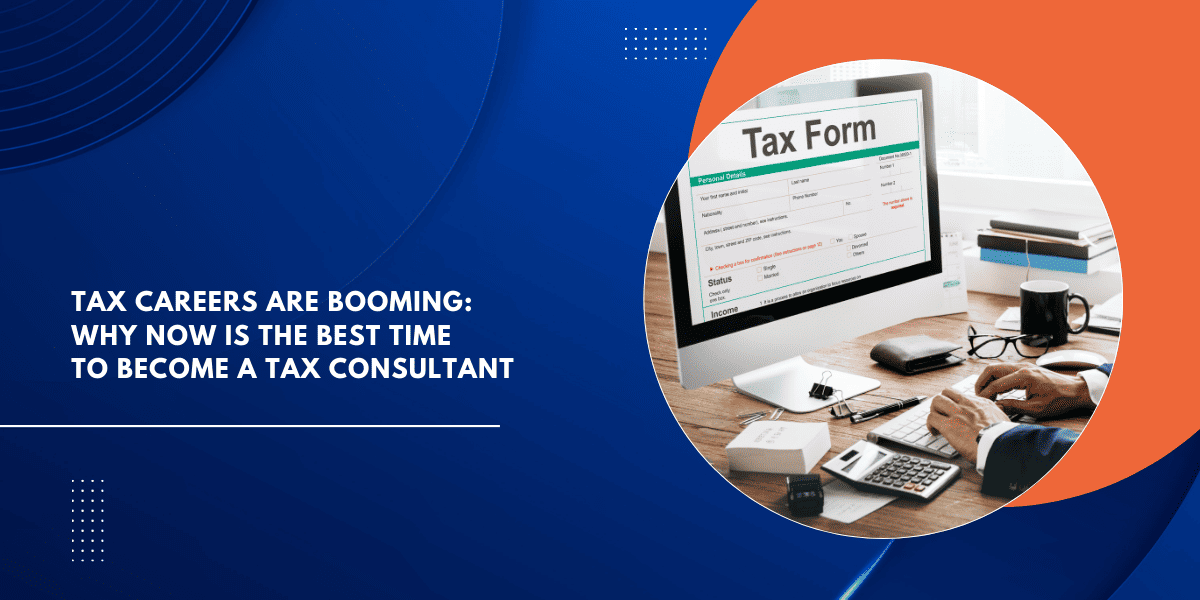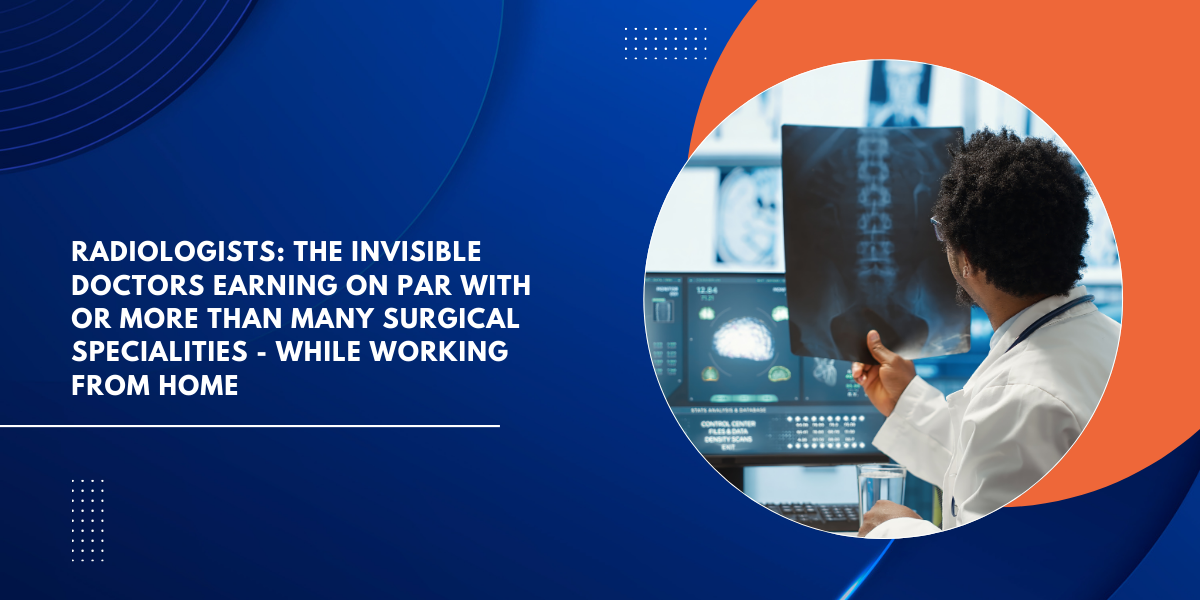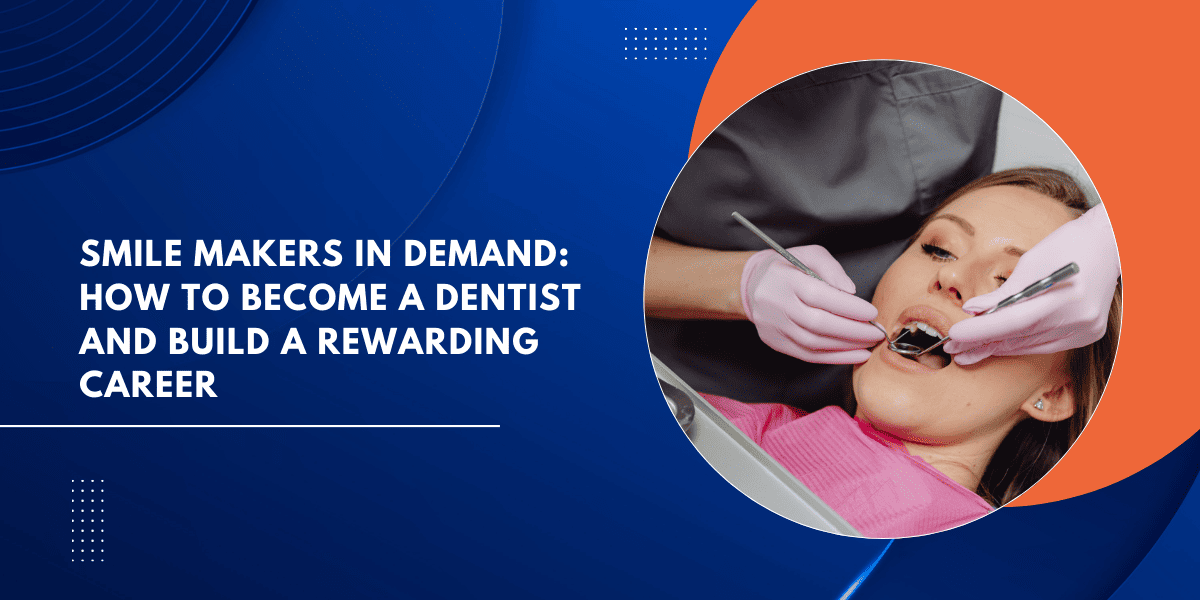Blog written by Indu R Eswarappa, Career Coach & Education Change-Maker
Introduction to the Career
When little Madhav struggled to pronounce his Rs and Ss at age six, his parents turned to a speech therapist. Fast forward a few months, and Madhav was confidently introducing himself in class. Behind such breakthroughs is a professional whose work blends science, empathy, and the magic of communication.
If you’ve ever been inspired by the idea of helping someone find their voice—literally—you might be wondering how to become a speech therapist. In this blog, we’ll walk you through the academic path, key skills, job opportunities, and everything you need to know to build a fulfilling career in this field.
Key Responsibilities & Work Environment
When people ask me what a speech therapist really does, I often smile and say, “It’s so much more than just helping kids say their Rs and Ls right.” As someone who’s spent years guiding students and families through career decisions, I’ve seen how impactful and meaningful this path can be.
A speech therapist is, at heart, a communication healer. They work with everyone—from toddlers learning their first words to adults recovering from strokes—to help them express themselves with confidence and ease. Whether it’s speech, language, or even swallowing challenges, their work truly transforms lives. Let me walk you through what a speech therapist actually does, day to day.
- Diagnosing Speech and Language Disorders – Speech therapists begin by identifying the nature and extent of the issue through assessments, interviews, and diagnostic tools. Whether it’s a stutter, delayed language development, or a post-stroke communication issue, they pinpoint the root cause.
- Designing Personalized Treatment Plans- Each patient is unique, and so is their therapy. Therapists create tailor-made treatment plans based on age, condition, and communication goals—often blending multiple techniques for best results.
- Teaching Exercises to Strengthen Vocal Muscles or Improve Articulation- From simple tongue movements to structured repetition exercises, therapists guide clients through sessions that improve clarity, pitch, fluency, or even swallowing.
- Collaborating with Teachers, Doctors, and Psychologists- Speech issues often intersect with learning disabilities, neurological conditions, or developmental delays. Therapists work closely with a multidisciplinary team to ensure holistic progress.
- Guiding Parents or Caregivers on Continuing Therapy at Home – Progress doesn’t end at the clinic. Therapists train families to reinforce techniques at home, making recovery faster and more sustainable.
Work Environments
One of the beautiful aspects of becoming a speech therapist is the versatility of where you can work. Depending on your interest and client group, you’ll find opportunities in a range of settings.
- Hospitals and rehabilitation centers are common workplaces, especially for those supporting patients recovering from strokes, brain injuries, or surgeries.
- Private clinics and practices offer more flexibility and often cater to children or adults needing long-term therapy.
- Special education schools and mainstream institutions hire speech therapists to support students with learning disabilities or speech delays, helping them integrate and thrive in academic environments.
- NGOs and early intervention centers provide vital services in underserved areas, focusing on early childhood development and community outreach.
And thanks to technology, many therapists now work through telehealth or virtual therapy platforms, making speech therapy accessible to individuals even in remote locations. Whether you prefer clinical, educational, or community-based work, this field has a space just for you.

Educational Pathways & Required Qualifications
When students (and parents) ask me “How to become a speech therapist?”, I always say—your learning journey is just as enriching as the career itself. It’s a field that beautifully blends science, empathy, and hands-on practice. To become a certified speech therapist in India, here’s the academic path you’ll typically follow—and a few tips I often share with aspiring students:
- Bachelor’s Degree in Audiology and Speech-Language Pathology (BASLP) – 4 years
This is the foundational degree for anyone serious about entering the profession. The program is a mix of theory (for 3 years) and a compulsory 1-year clinical internship. During the internship, students get real-world exposure by working in hospitals or speech clinics.
Tip: Choose an RCI-approved institution, and try to intern in settings that expose you to both children and adults. This helps you discover your area of interest early on.
- Master’s Degree in Speech-Language Pathology (MASLP) – 2 years (optional but highly recommended)
While you can start practicing after BASLP, a Master’s degree helps you specialize (e.g., neurogenic disorders, pediatric therapy, voice therapy). It also opens doors for research roles and academic positions.
Example: One of my students, Ananya, was unsure whether to do a Master’s, but after interning with stroke patients, she pursued MASLP with a focus on adult neuro-rehabilitation—and now works at a leading rehab center in Pune! - Certification from the Rehabilitation Council of India (RCI)
This is non-negotiable. You must be registered with the RCI to legally practice as a speech-language pathologist in India. They issue a CRR (Central Rehabilitation Register) number after you complete your degree from an approved college.
Note: Keep an eye on the RCI website for updated lists of approved programs and application windows.
- Alternative Pathways
Students from allied health or life sciences backgrounds sometimes explore diploma or certificate programs in speech therapy. While these may offer foundational knowledge, full licensure still requires you to meet RCI’s criteria.
Word of Caution: Shortcuts might look tempting, but always prioritize accredited pathways. Your future clients—and your own confidence—will thank you.
Entrance Exams
If you’re wondering how to become a speech therapist in India, entrance exams are your first major milestone. These exams not only assess your foundational knowledge in science but also help top institutions filter candidates who have the aptitude and passion for this impactful healthcare profession.
Whether you’re aiming for a BASLP program after 12th or planning to specialize through a Master’s degree, understanding the exam formats, timelines, and subjects will give you a clear edge. Let’s break it down to help you prepare smartly and confidently.

Necessary Soft Skills and Technical Abilities
When I mentor students interested in becoming speech therapists, I always emphasize one thing—this career is as much about the heart as it is about the head. While your degrees will teach you the science of communication disorders, it’s your people skills, compassion, and technical curiosity that will truly set you apart. Let’s break it down:
Soft-Skills – The Human Touch
- Patience and Empathy
Progress in speech therapy is often slow and non-linear. Being patient helps you stay committed, while empathy allows you to truly connect with your clients’ struggles. - Active Listening
Great therapists listen not just to what is being said—but how it’s being said. Picking up subtle cues can make a big difference in diagnosis and treatment planning. - Clear Communication
Whether you’re demonstrating speech exercises or explaining therapy goals to parents, clear and simple communication is essential. - Adaptability to Different Age Groups
You might work with a 3-year-old in the morning and an elderly stroke survivor in the afternoon. Each age group needs a unique approach and tone. - Confidence and Emotional Resilience
Some clients may resist therapy, and progress can take time. Confidence in your process and the resilience to handle setbacks will keep you going.
Technical Abilities – The Science Behind the Therapy
- Use of Speech Therapy Tools and Software
From articulation apps to video modelling tools, staying updated on therapy technology makes sessions more engaging and effective. - Knowledge of Phonetics, Linguistics, and Anatomy
A solid grasp of how speech sounds are produced and processed is critical. You’ll need to understand everything from vocal cord movement to language development stages. - Familiarity with AAC Devices
AAC (Augmentative and Alternative Communication) devices are game-changers for non-verbal clients. Knowing how to use and recommend them is a major asset. - Ability to Conduct Speech and Hearing Assessments
You’ll frequently use diagnostic tools and hearing tests to evaluate a client’s baseline and track their improvement over time. - Case Documentation and Report Writing
Precise and professional record-keeping is essential—not just for client progress but also for medical, educational, and legal compliance.
My Advice: “If you’re someone who loves science but also thrives on human connection, this career lets you blend both. Build your toolbox with care—each of these skills becomes part of how you change lives, one voice at a time.”
Career Progression & Growth Opportunities
Whenever I speak with students exploring a career in speech therapy, one common question pops up: “What’s next after I become a certified therapist?” And honestly—that’s where it gets exciting. Speech therapy isn’t a flat career path. It offers room to grow vertically into leadership or expertise roles and expand laterally into niches that match your passion. Whether you love working hands-on with clients or dream of teaching the next generation, there’s a place for you.
Let’s break down the journey:
Entry-Level: Foundations First
At the beginning of your career, you’ll likely work as a clinical speech therapist in:
- Hospitals
- Rehabilitation centers
- Special education schools
- Early intervention programs
Here, you’ll gain hands-on experience with diverse cases and start building your confidence and clinical judgement.
Mid-Level: Taking Charge
With a few years of experience and solid results, you can step into roles such as:
- Senior Therapist
- Program Coordinator
- Team Leader or Department Head
At this level, you’re mentoring junior therapists, shaping treatment programs, and even helping in administrative planning or policy-making.
Advanced: Owning Your Expertise
This is where you branch out and truly shape your career around your interests:
- Start your own private clinic
- Join a university as a lecturer or researcher
- Consult with government bodies or NGOs on public health speech programs
You become the voice for others—sometimes quite literally—and your influence extends beyond therapy rooms.
Specializations: Finding Your Niche
Some therapists choose to dive deep into areas that excite them, such as:
- Voice Therapy (working with singers, speakers, or those with vocal strain)
- Pediatric Speech Disorders (speech delays, articulation issues)
- Neurological Communication Disorders (like aphasia or dysarthria post-stroke)
- Swallowing Therapy (Dysphagia) (often part of rehabilitation teams in hospitals)
These niches allow you to become a go-to expert and often come with higher demand and greater impact.
Pro Tip: “Don’t rush your growth—build strong foundations first. The beauty of this field is how many doors it opens once you’re ready. Whether you lead a team, teach a class, or change one life at a time, your journey is yours to design.”
Salary Expectations & ROI - ROT
Return on Investment
Investing in a career in speech therapy offers steady returns over time. While the upfront cost of education is moderate compared to some other healthcare fields, the long-term job stability, diverse employment opportunities, and demand across settings make it a worthwhile choice.
ROI Breakdown Table
Investment Area | Estimated Cost (India) | Outcome/Benefit |
BASLP Degree (4 years) | ₹2 – ₹4 lakhs (Govt)/ ₹6–₹10 lakhs (Private) | Eligible to work as a certified therapist (RCI licensed) |
MASLP Degree (2 years) | ₹1.5 – ₹4 lakhs | Higher-level roles and specialization opportunities |
Certification (RCI) | ₹5,000 – ₹10,000 (approx) | Mandatory to practice legally |
Short Courses (Optional) | ₹10,000 – ₹50,000 | Upskilling in AAC, phonetics, or specific disorders |
Average Salary Range (India)
Role | Monthly Salary (Approx) |
Entry-Level Speech Therapist | ₹25,000 – ₹40,000 |
Mid-Level Therapist | ₹40,000 – ₹70,000 |
Private Practice (Experienced) | ₹80,000 – ₹1.5 lakh+ |
Abroad (with additional licensure) | ₹3 – ₹6 lakhs/month (US, UAE) |
ROI Insight: With minimal investment compared to MBBS or Engineering, speech therapy offers decent starting salaries and strong demand, especially in pediatric, geriatric, and rehabilitation care.
ROT – Return on Time
The journey to becoming a licensed speech therapist is relatively short in comparison to many medical professions. In just 4–6 years, a student can begin practicing, earning, and growing.
ROT Timeline Table
Phase | Time Required | What You Gain |
BASLP | 4 years | Core knowledge + internship + eligibility to work |
MASLP (optional) | +2 years | Specialization + research or academic entry |
RCI Licensing & Start Work | Within 1–3 months post-degree | Legal practice rights + job eligibility |
Skill-building/Short Courses | Ongoing (1–6 months each) | Add-ons to stay current & competitive |
ROT Insight: Unlike many long-haul professions, you can start making an impact—and income—within 4–5 years, with continuous upskilling keeping your career dynamic.
Final Take: “If you’re looking for a profession that respects both your time and money, speech therapy is a hidden gem. You’re career-ready in under 6 years, with plenty of paths to grow, earn, and create a difference.”
Conclusion: Who Should Consider This Career?
If you’re someone who thrives on interpersonal connection, has a knack for language, and wants a profession rooted in compassion and science, learning how to become a speech therapist might be your calling. It’s a field where you don’t just work—you heal, support, and empower.
Ideal for students who:
- Are from science backgrounds (PCB)
- Are empathetic and good communicators
- Want a meaningful healthcare career with flexibility
- Are open to continuous learning
Resources & References Used
- Rehabilitation Council of India (RCI)
- All India Institute of Speech and Hearing (AIISH)
- NISH (National Institute of Speech & Hearing)
- Job outlook reports by IndiaSkills and NSDC
- Interviews with certified speech therapists






















